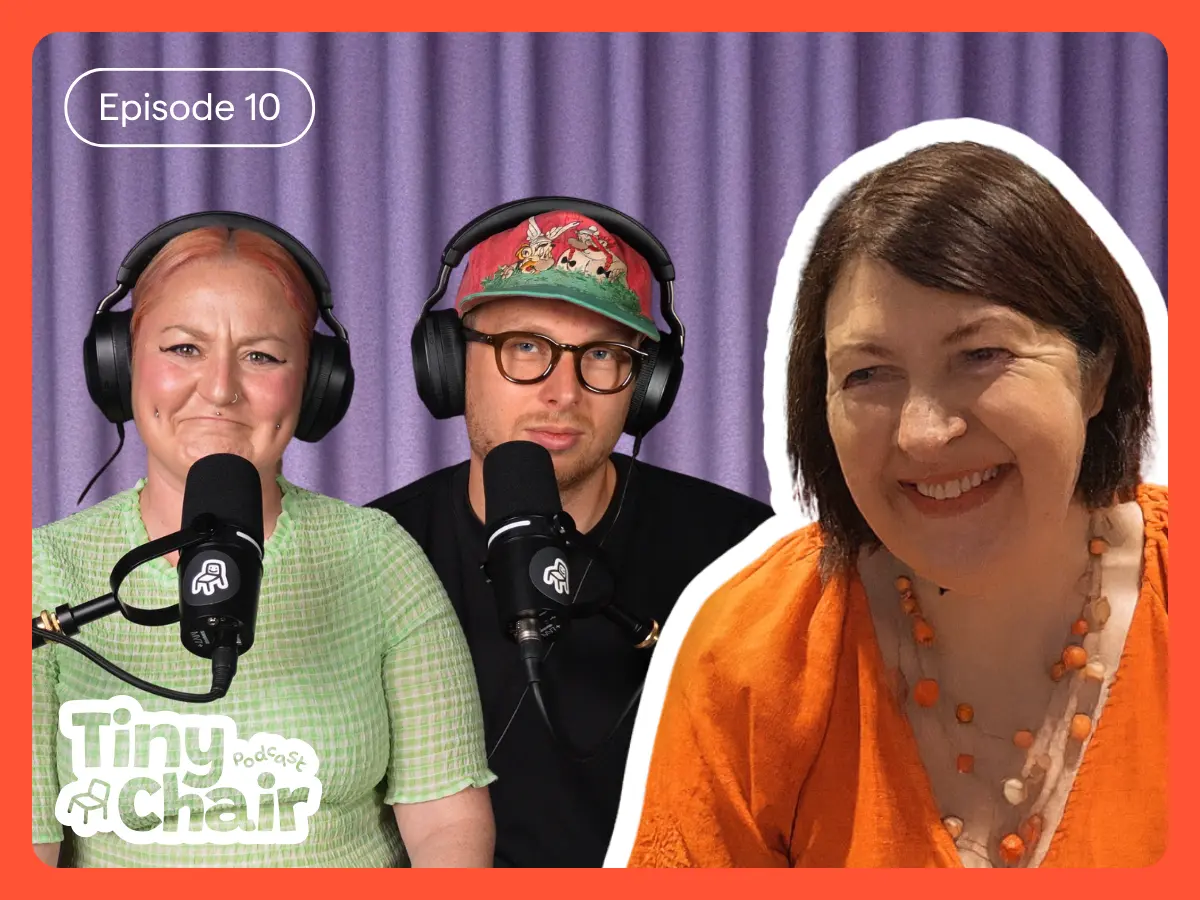

Dr June O'Sullivan is the CEO of the London Early Years Foundation. June has headed projects involving intergenerational care, parents in prisons, sustainability, bringing more men into the EY sector, engaging dads, ratios, Ofsted, the role of chefs, and many, many more. June has an OBE for services to education, recently got her doctorate in developing sustainability sustainability, informed staff, and has co authored many, many guides and books, including the Twoness of Twos.
"We are early years teachers. And I wish we would accept and own and embrace that language more confidently," says June. She explains why they eliminated the term "practitioner" at LEYF in 2017, noting the significant morale boost it gave to staff. Instead of "practitioner" in Early Years education, June promotes "teacher" or "early years teacher" to accurately reflect their role and expertise.
"Teaching is what we do," says June, "If your role is a manager, you're still an Early Years teacher underneath it all. And I don't like that snobbery about, 'You can be a practitioner because you're in PVI and you can be a teacher because you're in the school.'"
June discusses the influence of John Carnochan on her thinking, particularly regarding the importance of Early Years education and community engagement in reducing violence and crime. She emphasises the need for Early Years settings to be social enterprises, deeply engaged with their communities, and understanding the child's background to support families holistically.
"Not just visiting here and there and going out every now and then, but actually being fundamentally understanding the community that you're involved in," explains June.
June highlights poverty as a systemic issue causing many societal problems and argues for viewing Early Years education through a social justice lens.
When we think of two-year-olds, sadly, we often think of temper tantrums, fierce independence, and plenty of the word "No!" But June emphasises the need to rebrand the "terrible twos".
Instead of trying to deal with the terrible twos, we need to delight in the terrific twos.
We can provide better support for two-year-olds in Early Years settings, especially with the expansion of funded places, by understanding the developmental stage of two-year-olds. Essentially, the "terrible" twos start when young children's brain development causes a disconnect between their desires and physical abilities. June stresses the need for educators to manage transitions, establish routines, and provide a secure emotional environment for two-year-olds.
"Their brains are telling them that they want to be able to say things and be able to do things, and their bodies haven't quite got there yet. And so that frustration kind of comes as a result of them just getting so frustrated that they just can't handle it. Our job is to help them manage that and to regulate that, and to co-regulate alongside them. To make them feel secure and to make them feel that their emotions, which are so powerful and so volcanic, are actually controlled in a way that's loving and caring and helps them to move through this phase."
June O'Sullivan, CEO of LEYF